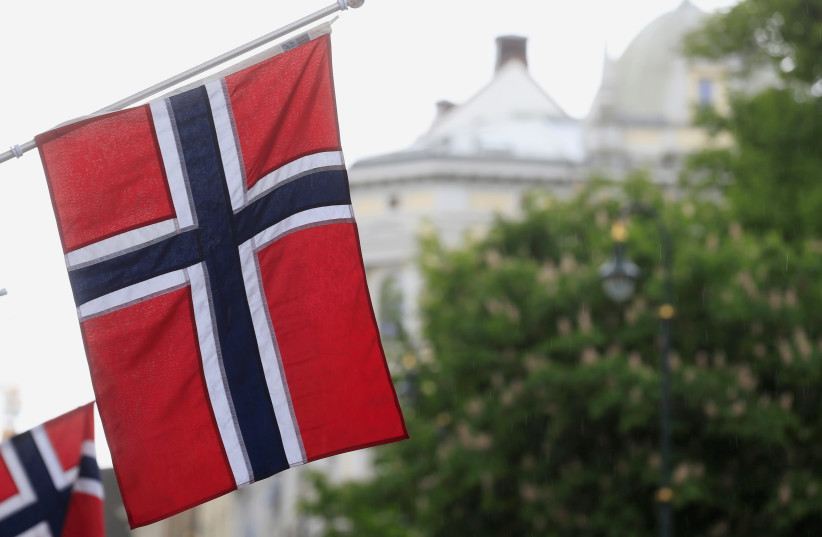Israel has warned Norway that its decision to label food produced over the pre-1967 lines as settler goods could harm ties between the two countries, the Foreign Ministry said on Saturday night in condemning the move.
Is Norway's decision correct?
“This is a decision that will not contribute to the promotion of Israeli-Palestinian relations,” the Foreign Ministry said.
“It will adversely affect the bilateral relations between Israel and Norway and impact the relevance of Norway’s role in the advancement of Israeli-Palestinian relations,” the Foreign Ministry said.
Norway’s Foreign Ministry issued a statement about the consumer marking of such products as settler goods on Friday.
It noted in particular that the ruling applied to “wine, olive oil, fruit, vegetables and potatoes.”

A legal precedent
The decision, Norway said, is in line with a 2019 ruling by the Court of Justice of the European Union that goods produced over the pre-1967 lines and sold in European Union countries must be marked as settlement products.
Norway is not part of the European Union but holds that it is still legally bound to abide by the ruling, due to other agreements and treaties it has signed such as the European Economic Area agreement. Not all EU and European countries have rushed to implement the ruling.
Norway downplayed the significance of the move, noting that the goods that would be marked are not part of the agreement between Israel and the European Free Trade Association, of which Norway is a part.
In addition, Norway said, the decision was consistent with United Nations Security Council resolutions.
Norway clarified that it only recognized Israeli sovereignty within the pre-1967 lines and that east Jerusalem, the West Bank, Gaza and the Golan Height were occupied territories.
What were the reactions?
The left-wing NGO Combatants for Peace lauded Norway for its "right and just" decision to take a stand against Israel's "oppression and dispossession of Palestinians in the occupied territories."
Combatants for Peace called on other countries to follow suit. It noted that Israel couldn't condemn Norway's decision to "differentiate between Israel and the territories because Israeli law does so as well."
Kiryat Arba-Hebron Council head Eliyahu Libman said that the Norwegian move would only hurt the many companies that work in companies in Judea and Samaria.
It's part of the rising European antisemitism, Libman said, adding that "we will continue to adhere to our truth" and to "develop the ancestral city of Kiryat Arba Hebron" as well as "to every parcel of land in Judea and Samaria belongs to us."
Eugene Kontorovich, who heads the International Law Department at the right-wing Kohelet Policy Forum, said that he blamed Israel for giving countries the impression that it was possible to take such stands against Israel.
"It is not a surprise that countries feel they can single Israel out when Israel doesn't defend itself."
Eugene Kontorovich, head of International Law Department at right-wing Kohelet Policy Forum
